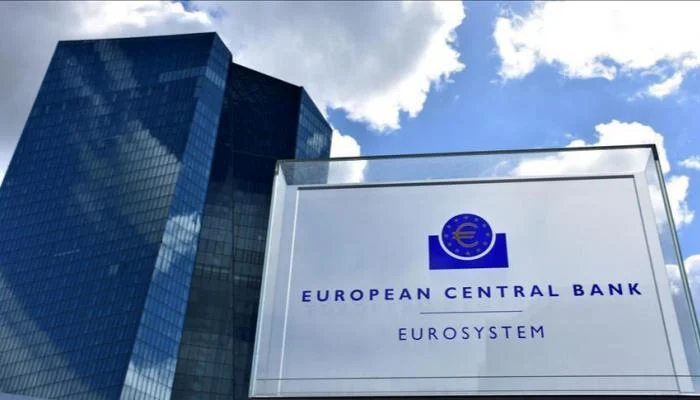The ideas for a future central bank digital currency are being made as European Central Bank (ECB) lawmakers seek to ban anonymous bitcoin payments.

According to a senior member of the European Central Bank, a proposed new digital euro would allow anonymous transactions for minor amounts notwithstanding anti-money laundering regulations.
In contrast to proposed rules for private cryptocurrencies like bitcoin, where lawmakers are debating a plan to outlaw privacy for even low-value transactions, ECB Executive Board member Fabio Panetta suggested on Wednesday that the central bank digital currency (CBDC) be given special treatment.
Normally, financial transactions are subject to “know your customer” checks, which require financial institutions to verify the identities of persons engaged in order to prevent cash from being laundered or used to fund criminal activity.
Fabio Panetta, the person in charge of the digital euro project, indicated today that he was willing to relax the regulations for anyone who used any ostensibly new digital currency created by the ECB, at least for minor transactions.
Panetta, a member of the ECB’s Executive Board, told MEPs on the European Parliament’s Economic and Monetary Affairs Committee on Wednesday that “a greater degree of privacy could be considered for lower-value online and offline payments” conducted with the digital euro.
“These payments may be subject to streamlined AML/CFT procedures,” he added, referring to EU anti-money laundering and counter-terrorist financing regulations.
Personal data protection is strictly regulated in the EU, and privacy protection was ranked first in an ECB study released in 2021. Experts at the European Central Bank have proposed “anonymity vouchers,” which would allow people to hide a small amount of money from the police.
However, more detailed research published today, based on focused discussions with panels of EU citizens, places a greater emphasis on universal acceptance and security checks such as iris recognition.
“We have investigated various options to address the trade-off between retaining a high degree of privacy and other important public policy objectives,” Panetta said.
However, they arrive in the same week that the EU is preparing to eliminate the possibility of anonymous crypto payments entirely. The European Parliament will vote on how to extend existing anti-money laundering measures to cryptocurrency payments on Thursday.
Legislators think it’s too easy to get around the regulations by breaking up large payments, therefore a current barrier of 1,000 euros ($1,100 US) under which a payer’s information doesn’t have to be recorded is likely to be eliminated for virtual assets.
The European Central Bank is now deciding whether or not to issue the digital currency. Next year, the ECB is scheduled to make a formal decision to proceed, as well as draft legislation that might support the move.

